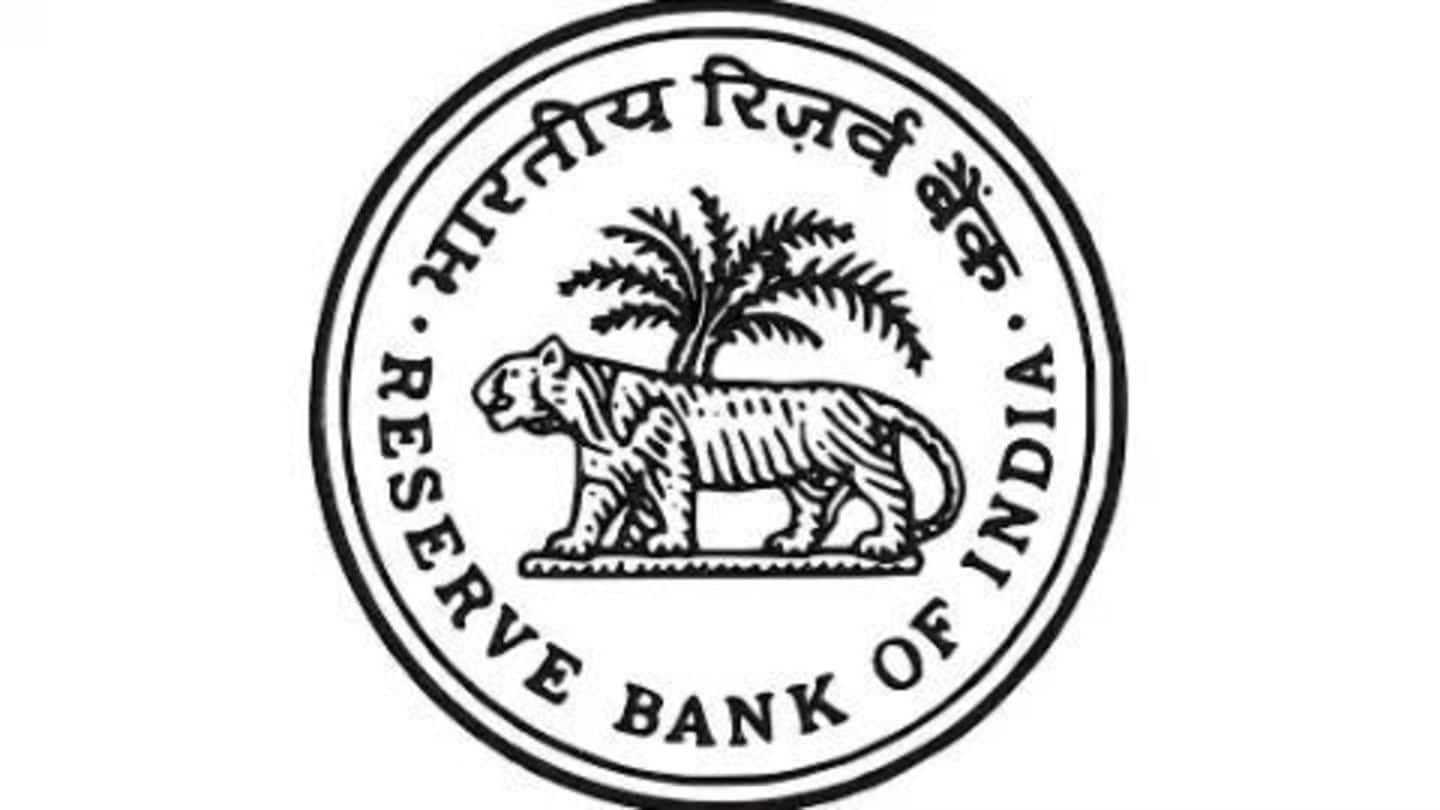
Regulatory framework for P2P lending
What's the story
The Reserve Bank of India (RBI) has come up with a regulatory framework for the peer-to-peer (P2P) lending platforms which; although in their nascent stages, are growing exponentially. RBI proposes to register them as Non-Banking Financial Companies (NBFCs) so as to bring them under RBI's regulatory purview. The consultation paper which has been put on the RBI's website invites suggestions till 31st May 2016.
About
What are P2P lending platforms?
P2P or peer-to-peer lending platforms are simple online marketplaces which bypass the traditional banking system and directly connect borrowers to lenders. The online platforms don't lend money, but merely act as a medium of connection. India is already one of the largest offline P2P lending market in the world with as much as 50% of the credit being circulated among friends, family and communities.
Information
How did P2P come about?
Rigid and time-consuming procedures associated with the traditional banking system have led to the dramatic rise of the P2P lending, to the extent that they are emerging as a competitor to the traditional banking system.
28 Apr 2016
Indian P2P sector remains unregulated
The P2P lending sector is currently unregulated in India. The RBI paper, while the making the case for regulation said, "In its nascent stage, this industry has the potential to disrupt the financial sector and throw surprises. A sound regulatory framework will prevent such surprises." Further, a proper regulation and supervision will help in facilitating an orderly growth of this sector.
Personal
P2P sector grows in last one year
According to the RBI, there are around 30 online P2P companies in India, of which close to 20 have been launched in the previous year itself. The number has already crossed 2,000 in China.
28 Apr 2016
The proposed regulatory guidelines
According to the proposed regulations, P2P platforms can only act as intermediaries and funds should flow directly from borrowers' to lenders' account. While it prohibits cross-border transactions, it necessitates a minimum capital of Rs.2 crores at the start of the company. The platforms cannot guarantee assured returns, hence, it proposes regulations on advertisements. Such platforms need to be companies and not partnerships, proprietorships, etc.